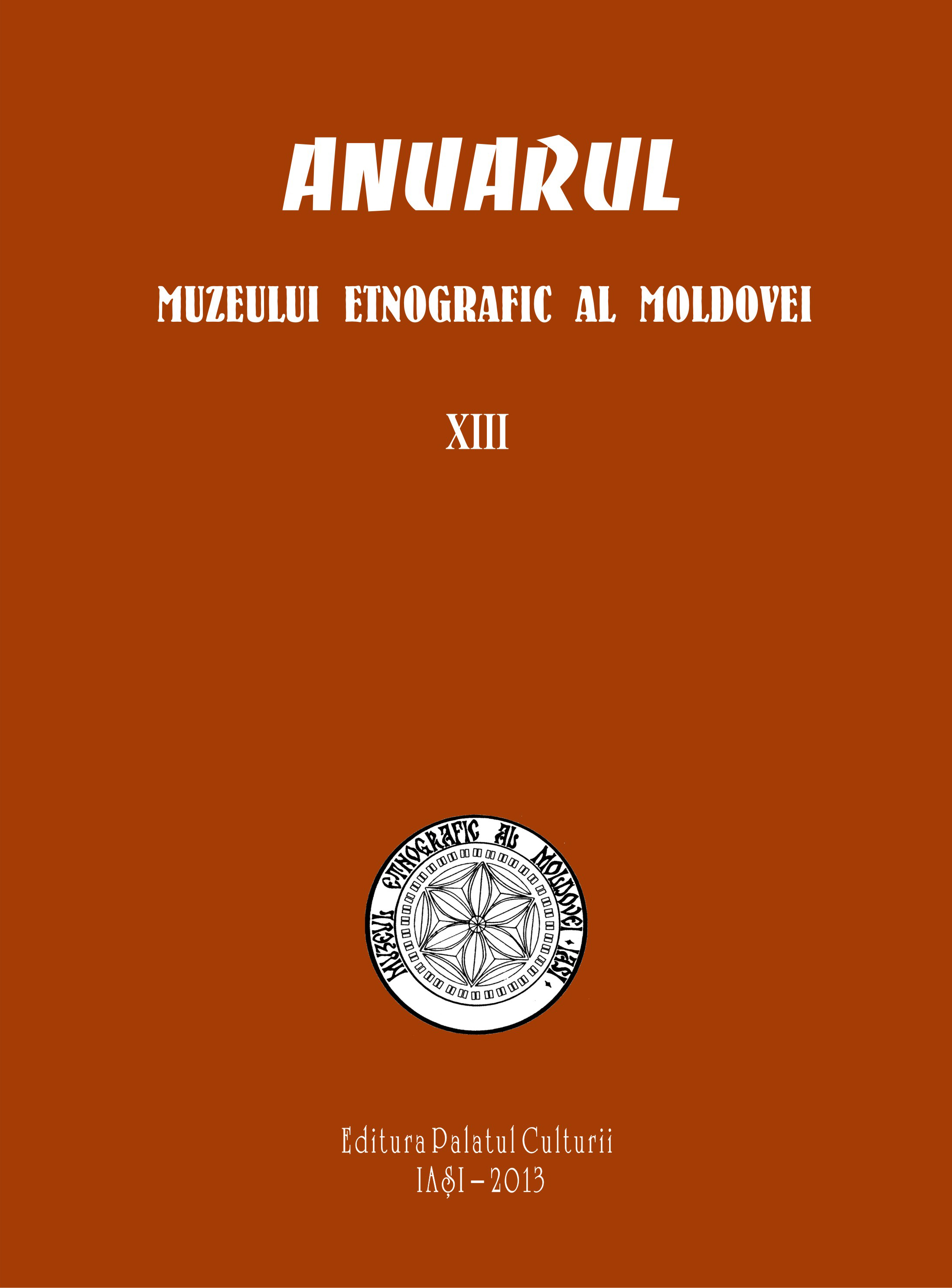Ex-libris-ul cu blestem din Ţara Moldovei
The Curse Containing Bookplates of The Country of Moldavia
Author(s): Elena ChiaburuSubject(s): Cultural Anthropology / Ethnology
Published by: Editura Palatul Culturii
Keywords: bookplate (ex-libris); old books; the country of Moldavia; curse; Christian pantheon
Summary/Abstract: The curse containing bookplates (ex-libris) of the Country of Moldavia are related to a cult, their source is biblical, Christian theology, and they were inspired by the materials read by the writers and other readers. As only the church had the right to curse, we have discovered among the books with curses of the Country of Moldavia, only one secular curse until 1780. Owning books was the most frequent reason entitling authors to add at the general imprecation their own cursing. The analysis of the curses written on old books and their contents shows that the invoked threats and punishments are mainly spiritual (poena spiritualis) and less physical or earthly. The rhetoric follows an upward scale of gravity and it consists of anathemas and curses of the divine power (God, The Father, The Son and The Holy Spirit, Virgin Mary, different Saints and martyrs and priests from the Christian Pantheon) and it comes from the common sanction of the ecumenical synod and the patriarchy papers from the first millennium of the Church. The Judgment Day was often invoked in the ex-libris curses; the notes sometimes described the principles of Divine justice. As some characters in the history of the Church carried a curse, the writers threatened the possible wrong-doers with a similar fate to the one of the cursed biblical characters: Cain, Datan, Aviron, Judas, who sold Jesus and Aria who was excommunicated from the Synod of Nicaea. A punishment coming from the pagan times was the eternal rest of those who did not rot, who could not return to eternal Nature. Repeating the curse increased the imagined torments of the one who was guilty of any offence brought to the book. As the purpose of the church punishments was not death but the correction of the sinner, in case someone brought back a stolen book, the curse was removed. At the end of the curse there was even mentioned a reward for bringing back the book or even mentioning the guilty person. All these features make the difference between the bookplate curses and the verbal, secular curses.
Journal: Anuarul Muzeului Etnografic al Moldovei
- Issue Year: 2013
- Issue No: 13
- Page Range: 33-66
- Page Count: 34
- Language: Romanian

